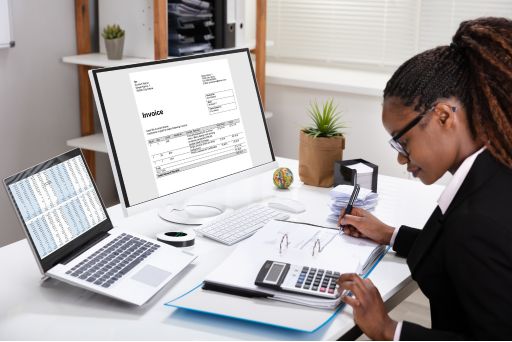Knowing how to pay yourself as a small business owner may seem simple, but there are quite a few options when it comes to doing it right. The information below will help you learn the basics of how to pay yourself as a small business owner, but we highly recommend talking to a tax or financial expert (we’d love to chat with you!) when it comes to the specifics of your business.
Establish Your Business Type
Before we get into the money side of things, it’s important to know what type of business entity you have so you know what your options are for getting paid. Because you’re the owner of your small business, it seems simple enough to just withdraw money from your business account and go on your way – but selecting the best way to take your pay and being consistent with that method will make things easier in the long run when it comes to the financials.
Business entities include, sole proprietor, LLC, or a partner in a partnership. You’ll want to verify which entity type you have if you don’t know already and then read on to see what options you have based on your business type.
Salary or Draw?
If you’re not quite sure what the difference is between a salary or a draw, we’ll tell you.
A salary is a fixed amount being taken out each pay period.
A draw, also known as a owner’s draw refers to an owner taking funds out of the business for personal use.
The benefit to the salary option is that tax withholdings and benefit payments come out of your gross pay automatically, whereas with a draw they don’t. A draw of company profits is taxable income on the owner’s personal tax return, and owners are required to pay estimated tax payments as well as self-employments taxes on draws. So additional personal tax planning may be required to make the draw method a benefit.
Another benefit to a draw is that a business owner can not only withdraw profits generated by the business, but also can take out funds that were previously contributed to help run the company. Many new business owners who are just starting out choose to use the draw method because they can pull additional funds they originally invested if needed while they work to build their company and build a stable monthly income.
Knowing which option is right for you takes looking at your personal circumstances and the happenings within your business. If you’re not sure which option provides you with the best advantage – that’ the time to seek out expert advice.
How Much Should I Pay Myself?
No matter which way you decide to pay yourself or even what type of business entity you have – the most frequently asked question we hear is How much should I pay myself? And that’s a very good question.
When it comes to deciding how much to include in your paycheck you need to think about the the amount of money that is needed to keep your business operations moving forward as well as if you’re willing to do more personal tax planning by using a draw method rather than paying yourself a salary. Weighing your options will help you decide which is the best fit and also help you decide just how much you’re willing to pay yourself so you get the most benefit.
What other questions do you have regarding paying yourself as a small business owner? We’d love to chat and provide you with custom advice unique to your business.






















